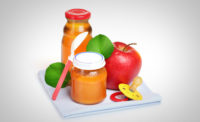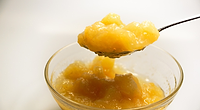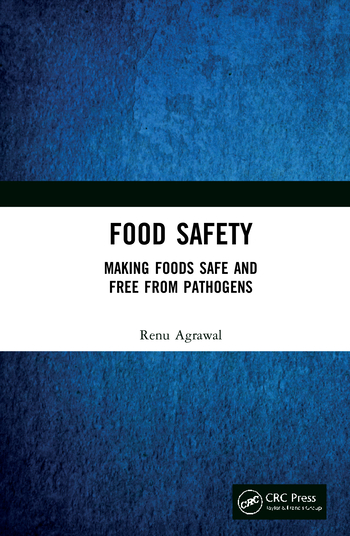Consumer Reports: Risk of Toxic Heavy Metals in Baby Foods Mostly Unchanged Since 2018

Image credit: hui sang via Unsplash
According to new tests by Consumer Reports (CR), although the amounts of lead, arsenic, and cadmium in baby foods appear to be getting lower, the overall risk hasn’t changed much in the last five years.
The last time CR tested baby foods in 2018, 33 of 50 foods were associated with potential health risks for kids due to combined exposures from those three heavy metals. Since that time, there has been a push for baby food manufacturers to make products safer, and the U.S. Food and Drug Administration (FDA) has made efforts to lower the levels of toxic heavy metals in foods for babies and young children through its Closer to Zero initiative.
For the present analysis, CR retested seven baby foods that contained concerning levels of heavy metals in 2018. For three of the products, heavy metal levels declined, but for three others, the levels of certain heavy metals increased. There was not much change found for one product.
CR tested 14 products, representing a mix of fruits and vegetables, meals and entrees, and snack like bars, puffs, and teething wafers. At least three samples of each product were tested.
CR reached out to the manufacturers of the baby foods included in the tests. Beechnut, Gerber, and Earth’s Best said they test both the raw ingredients in their products and the final products for heavy metals, and Happy Baby said they test their final products. Hot Kid, owned by Want-Want, which makes Baby Mum-Mum products, did not respond.
CR believes its present findings show that there is still much more room for improvement in baby food safety when it comes to the presence of toxic heavy metals. Declines in certain heavy metals in some foods were offset by increases in others, so there was little overall change in the amount of the foods babies are recommended to eat. In particular, rice, sweet potatoes, and snack foods showed concerning levels of the metals.
The full details of CR’s findings can be read here.
Looking for a reprint of this article?
From high-res PDFs to custom plaques, order your copy today!









